Industry casts critical eye over EE's 4G plans
Networking market watchers pick over communication provider's 4G plans and branding changes.
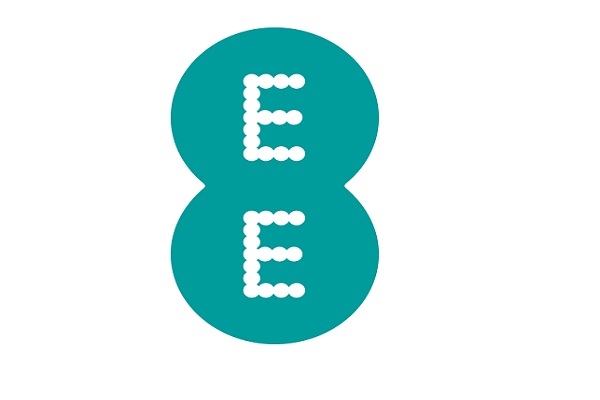
Networking industry watchers have broadly welcomed Everything Everywhere's plans to roll out 4G services to 16 UK cities by Christmas.
The comms provider re-launched itself as "EE" at an event in central London yesterday.
The company has been embroiled in an ongoing war of words with several network operators since announcing plans to reuse part of its 1800 MHz spectrum to offer 4G services by the end of the year.
Its competitors, which include Vodafone and O2 have previously objected to the move, claiming it would give EE an unfair advantage, as they will have to wait until the Government's spectrum auction takes place to launch their own 4G services.
EE's plans won the approval of comms regulator Ofcom last month, granting the company permission to start offering 4G services to its customers from 11 September 2012.
Yesterday, EE set out its superfast 4G and fibre broadbrand strategy, and said 16 UK cities will be able to benefit from 4G by Christmas.
EE chief executive, Olaf Swantee, also said the firm hopes to offer outdoor 4G coverage to 98 per cent of the UK population by the end of 2014.
Get the ITPro daily newsletter
Sign up today and you will receive a free copy of our Future Focus 2025 report - the leading guidance on AI, cybersecurity and other IT challenges as per 700+ senior executives
The UK has been criticised for being late to the 4G party.
Speaking to IT Pro, Matthew Howett, lead regulatory telecoms analyst at Ovum, said, to achieve its 4G coverage ambitions, EE would probably need to purchase additional spectrum during the Government's auction.
"The UK has been criticised in the past for being late to the party with 4G and EE's plans are very aggressive. To achieve them, further investment is likely to be needed" he added.
In a statement to IT Pro, Vodafone shrugged off EE's coverage pronouncements, claiming it has already made similar statements of intent.
For instance, Vodafone announced plans in June to offer 4G indoor coverage to 98 per cent of the population by 2015.
"We think 4G is a great opportunity. However, we have chosen to launch in the New Year on new spectrum rather than crowd existing capacity," said a Vodafone spokesperson. "This lets us provide the indoor coverage that we know is important to our customers."
Speaking to IT Pro, Rob Bamforth, communications industry watcher at Quocirca, said the EE announcement should result in the war of words between the operators finally winding down.
"There comes a time when the best way of beating the competition is to out-innovate them and produce better products and services," said Bamforth.
"Maybe there's a realisation from Vodafone and O2 now that this is the best thing to do."
Bamforth described the head start EE has over its 4G rivals as a "short-term advantage", claiming there are plenty of ways for other players in the comms space to win business.
However, the company's new branding might prove more problematic for its competitors, as EE, Orange and T-Mobile all now have clearly defined propositions.
At yesterday's event, Orange was marked out as a purveyor of superfast 3G, T-Mobile was positioned as a value brand, and EE will specialise in the delivery of 4G and fibre broadband to home users and businesses.
"The challenge the competition will face will be finding ways to look less like phone companies and more like communications companies, which is precisely what they are," added Bamforth.
-
 Should AI PCs be part of your next hardware refresh?
Should AI PCs be part of your next hardware refresh?AI PCs are fast becoming a business staple and a surefire way to future-proof your business
By Bobby Hellard Published
-
 Westcon-Comstor and Vectra AI launch brace of new channel initiatives
Westcon-Comstor and Vectra AI launch brace of new channel initiativesNews Westcon-Comstor and Vectra AI have announced the launch of two new channel growth initiatives focused on the managed security service provider (MSSP) space and AWS Marketplace.
By Daniel Todd Published
-
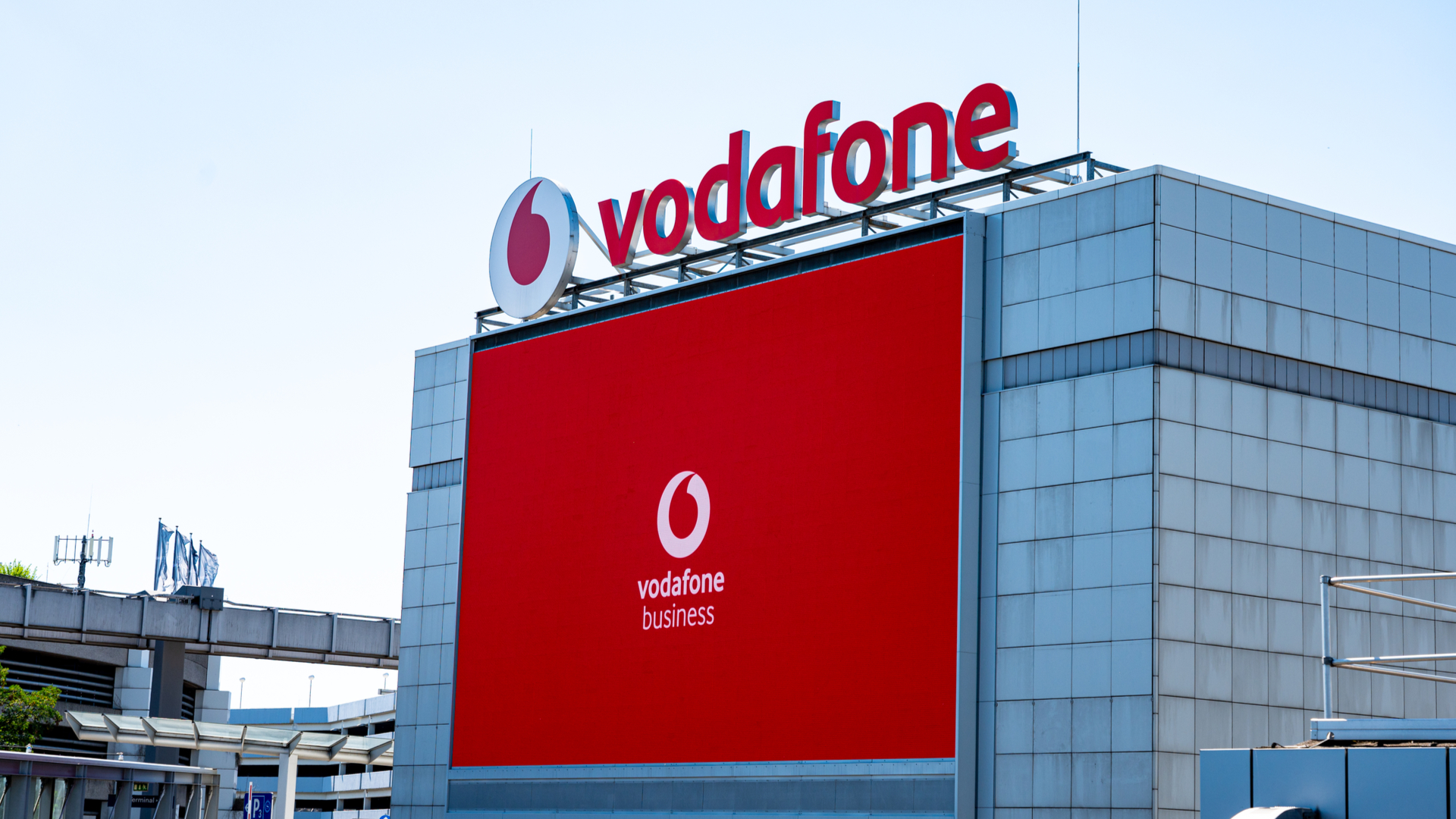 Vodafone and Altice launch €7 billion joint venture in Germany
Vodafone and Altice launch €7 billion joint venture in GermanyNews The British telco currently offers connections to over 24 million homes in Germany, its biggest market
By Zach Marzouk Published
-
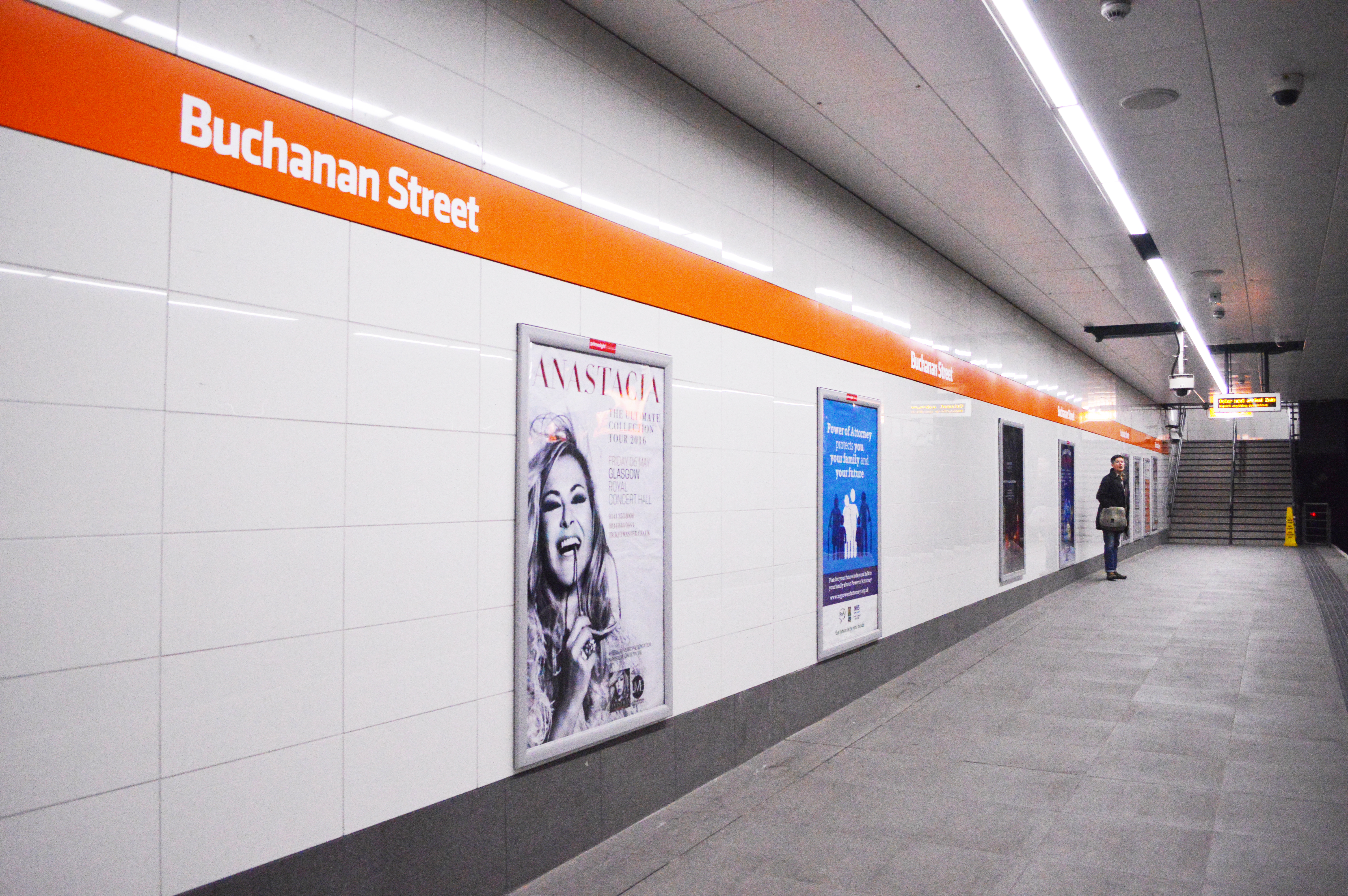 EE rolls out 4G across Glasgow's underground network
EE rolls out 4G across Glasgow's underground networkNews The network is currently restricted to EE customers but is likely to expand in the near future
By Sabina Weston Published
-
 Nokia and NASA join forces to bring 4G to the moon
Nokia and NASA join forces to bring 4G to the moonNews Cellular service will provide the communications needed for meaningful moon exploration
By Tyler Omoth Published
-
 Birmingham crowned the fastest UK city for 4G download speeds
Birmingham crowned the fastest UK city for 4G download speedsNews While Birmingham also recorded the highest speed hike over 2019, London came in at a middling 9th place
By Keumars Afifi-Sabet Published
-
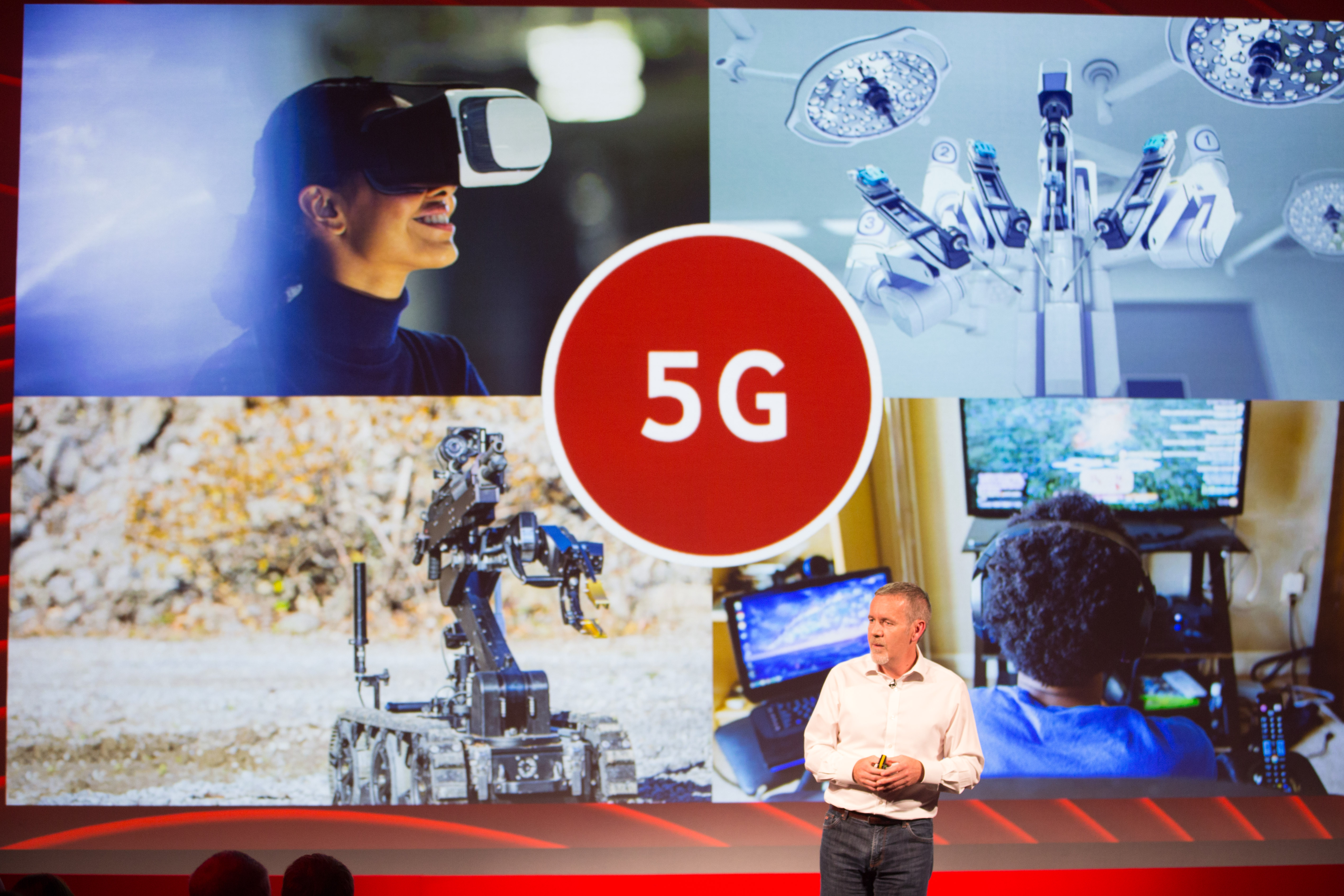 Vodafone to remove Huawei equipment from its core networks
Vodafone to remove Huawei equipment from its core networksNews The decision comes after PM capped Huawei’s involvement in building the UK’s 5G telecoms network
By Sabina Weston Published
-
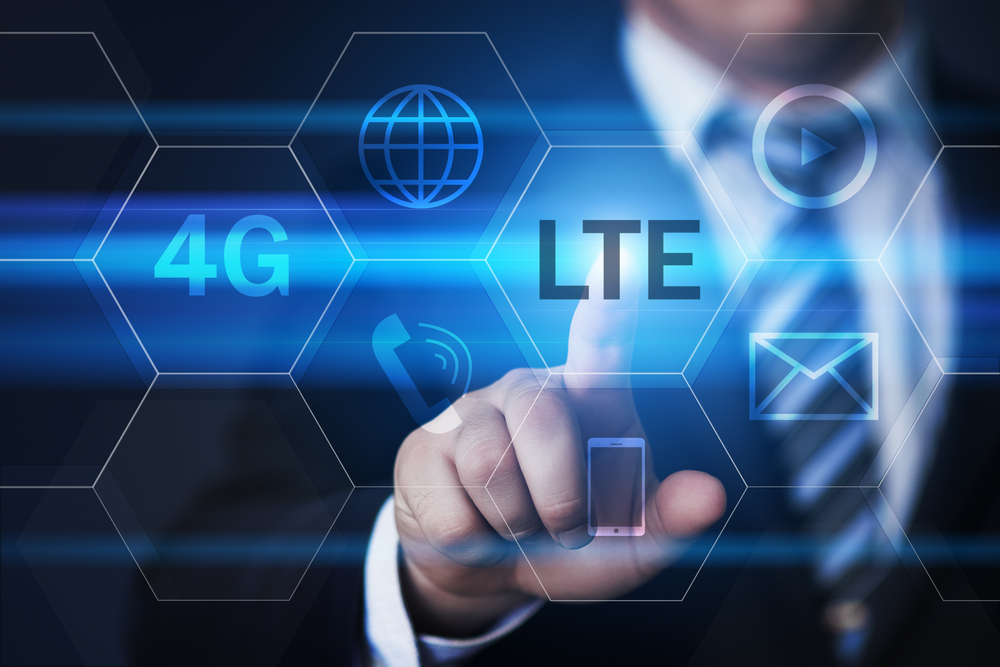 LTE vs 4G: Which is better?
LTE vs 4G: Which is better?In-depth Comparing LTE vs 4G has become common in recent years, but how exactly do they differ, and is 4G faster?
By Jane McCallion Last updated
-
 What is 4G?
What is 4G?In-depth A look at the fourth generation of mobile networking technology and its availability in the UK
By Rene Millman Last updated
-
 4G vs 5G - what's the difference?
4G vs 5G - what's the difference?Vs From 3G to 4G, mobile connectivity has revolutionised our lives. Now 5G is set to do it again
By Bobby Hellard Published